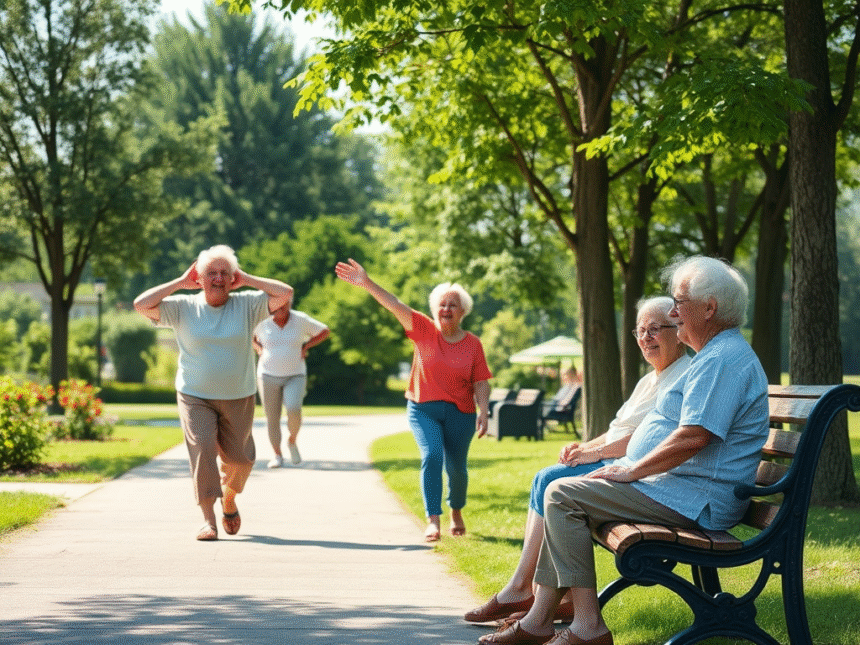What Are the Best Activities for Boosting Physical Well‑Being in Older Adults?
Gentle exercise, such as walking or chair yoga, is one of the simplest ways to maintain strength, balance, and energy levels.
Low‑impact physical activity supports mobility and reduces the risk of falls while helping older adults remain independent. Activities like tai chi, light stretching, or aqua aerobics can be adapted to suit different ability levels. Group classes and walking groups add a social element, encouraging consistency and enjoyment. Even short daily routines can make a noticeable difference in posture, circulation, and overall well‑being.
How Can Creative Hobbies Improve Mental Health for Seniors?
Creative hobbies give older adults a sense of purpose, mental stimulation, and emotional fulfilment.
Engaging in activities like painting, knitting, baking, or gardening keeps the mind active and encourages problem‑solving skills. These hobbies also offer a positive focus that reduces feelings of isolation or boredom. Combining creativity with social interaction, such as joining craft workshops or local hobby groups, can enhance the mental health benefits even further. Families who arrange support through care at home services in Shrewsbury often find that this makes it easier for their loved ones to access and enjoy these enriching experiences.
Why Is Social Interaction Important for Older Adults’ Well‑Being?
Regular social contact helps prevent loneliness, boosts confidence, and promotes a stronger sense of belonging.
Simple activities like meeting friends for coffee, attending local community events, or joining hobby clubs can significantly improve emotional health. Structured routines that include social interactions provide reassurance and stability, which is especially beneficial for older adults who live alone. Even small, regular interactions—like neighbourly visits or phone calls—help maintain emotional resilience and reduce the risk of social isolation.
How Does Spending Time Outdoors Benefit Seniors?
Being outdoors supports physical health, mental clarity, and emotional balance.
Fresh air and natural light are proven mood boosters, and spending time in green spaces encourages light physical activity. Whether it’s a short walk in a local park, gardening at home, or participating in outdoor group activities, connecting with nature can reduce stress and improve overall quality of life. Combining outdoor time with other activities, like photography or bird‑watching, also adds a creative element that strengthens engagement and enjoyment.


